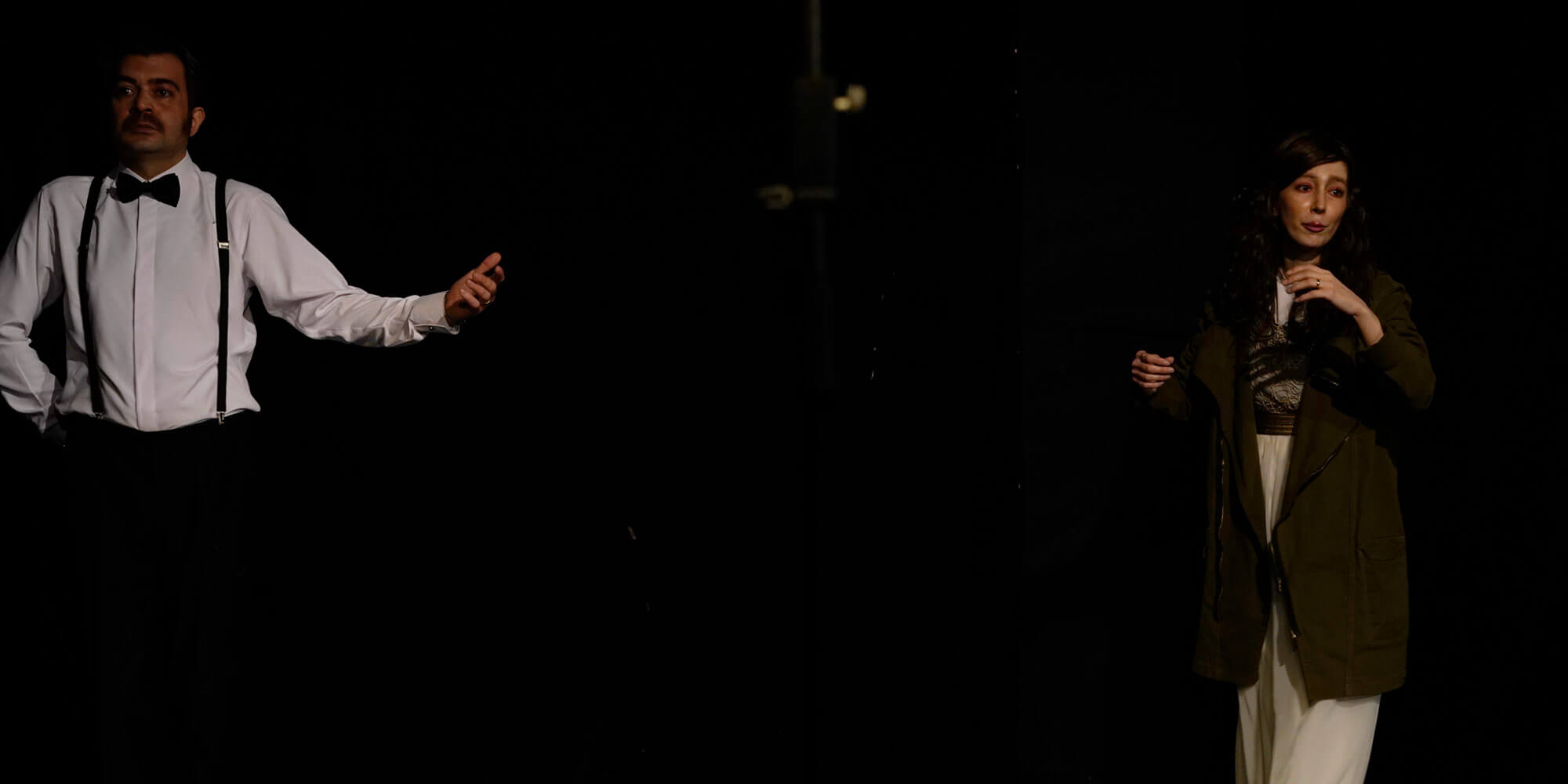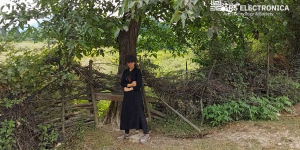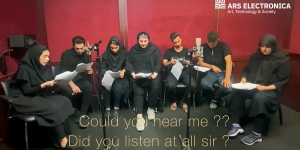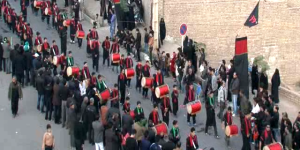When it comes to theatricality, my major concern regarding the development of theoretical foundations and relevance to Irans’ theater is “student theater as a concept” and as a performing capacity. In Iran this opportunity is fabulous for two main reasons. First, it is not bound to external and political matters. Simply put; students follow their creativity and inspiring sources of innovation. They do not censor their minds, sacrifice their ideas or place limitations as is common in other theatrical projects in Tehran. Second, student performers are highly motivated and enjoy drawing in attention. They stay informed about happenings within the arena of world theater, all while expanding on academic capacity. The concept of theatricality is a phenomenon that can be adopted as a benchmark from which to analyze works from different perspectives, presenting them as models woven together from differing fields such as sociology, technological development, fundraising, social cohesion, globalization and Iranian folklore. Through live streaming, interview sessions, the reading of plays and educational correspondences between Iran’s present situation and articles focused on theatricality, our garden seeks to hone into the future of student theater and its unknowns.
Credits
Dr. Esmaeel Shafiee, Dr. Ghotbedin Sadeghi, Reza Kianian, Moein Mohebalian, Dr. Mehdi Rezaei, Navid Goudarzi, Golnaz Asldini, Ideh Abootalebi, Vahideh Moghari, Saba Shirazi, Neda Ravaei, Nasim Sabet, Ghadam Rosa, Ghasemzadeh Rozhin, Ebrahimi Negar, Heshmat Mohamad, Dehmolaee Hamed Shojaee










